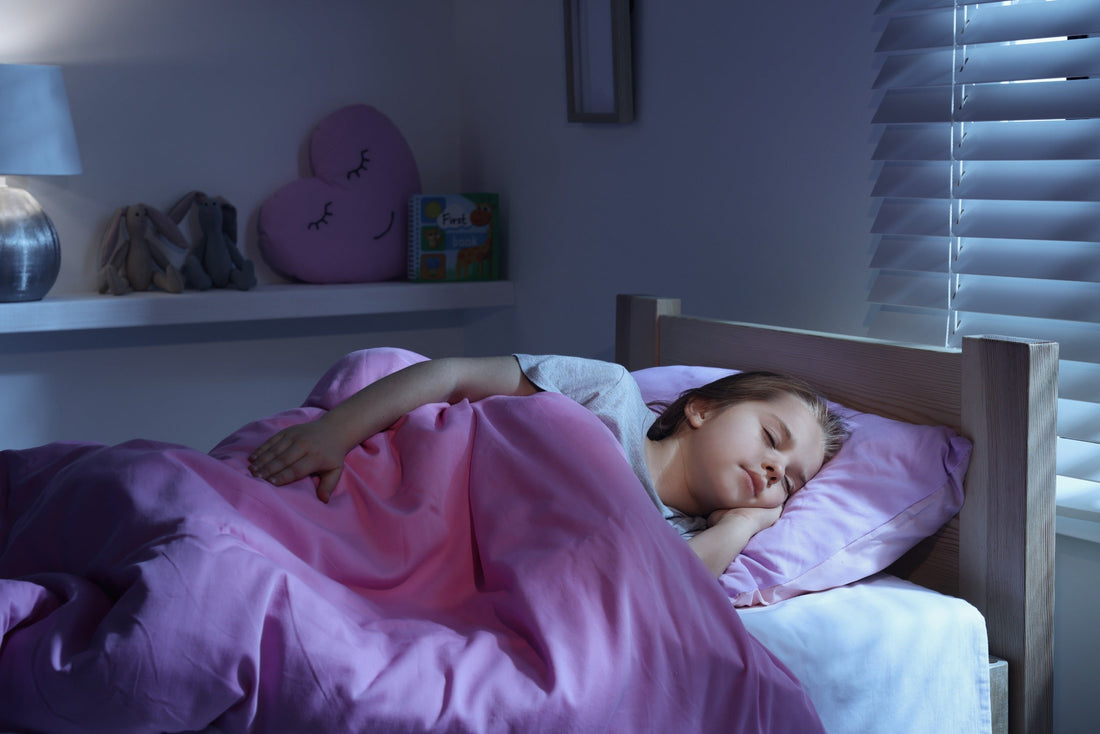Why Sleep Is So Important for Kids’ Mental and Physical Health
| updated:Share

Everyone needs sleep to survive and function optimally, but kids need more of it than adults. Children’s bodies and minds are constantly developing, requiring significant energy. If you think it’s not a big deal to let your kids stay up late even when they need to get up early, it’s time to rethink things seriously. Here are a few things you should know about sleep and why it’s crucial for kids’ mental and physical health.
How Many Hours of Sleep Does My Child Need?
The Centers for Disease Control and Prevention recommends that children get a certain amount of sleep each night. Here are the recommendations broken down by age range.
- 6-12 years old: nine to 12 hours of sleep
- 13-18 years old: eight to 10 hours of sleep
Most experts agree that children younger than six should get between 10 and 14 hours of sleep daily. Babies may struggle to get sufficient sleep while they’re teething. Sleep regression is also a common problem for children between 4 months and two years of age. But it’s important to remember that each child is different. Some children may require more sleep, while others may thrive on less. But the above guidelines are a good rule of thumb to follow if you want to ensure your children get sufficient sleep for their mental and physical health and development needs.

Mental Health Benefits of Good Sleep
Mental health and sleep are closely connected. Adequate sleep plays an integral role in the development of children’s minds. According to studies, children who get sufficient sleep at night are less likely to experience depression and are more likely to score favorably on cognitive tests. Children who sleep longer are more likely to feel secure and safe in their environments and usually spend less time on electronics than their sleep-deprived peers.
If you’re concerned about your child’s mental health, consider moving bedtime up an hour or two. Your child may have difficulty adapting to the earlier bedtime at first, but once they get used to it, they’ll begin benefitting from the advantages of increased sleep time.
Physical Health Benefits of Good Sleep
Now that you know how vital good sleep is for mental health, it’s time to review the physical benefits of sufficient shuteye. Adequate sleep in adolescence is essential for proper physical development. A child’s body produces developmental growth hormones during sleep. These hormones are responsible for physical growth and development and repairing damaged cells and tissues.
Good sleep also restores the body’s energy levels so your child can be more active during daytime hours. Sleep is crucial for immune function and can decrease your child’s likelihood of falling ill.

What Happens if My Child Lacks Sleep?
Children who don’t get enough sleep are more likely to have academic, health, and behavioral problems. Sleep-deprived kids may also be more prone to risk-taking behaviors and may experience depression, anxiety, and other mood-related issues. If you’ve noticed that your child seems more moody than usual, lack of sleep could be the culprit.
Insufficient sleep can also impact brain function and lead to symptoms mimicking attention deficit hyperactivity disorder. Though this disorder is real, children may be misdiagnosed when they exhibit ADHD-like behavioral issues caused by lack of sleep.
To avoid all of these problems:
- Make bedtime a priority in your family.
- Ensure your child gets to bed early enough to get high-quality sleep each night.
- Minimize potential sleep disturbances by lowering the temperature in your home at night and ensuring household pets are not allowed into your child’s bedroom after bedtime.
Sleep is essential for growing babies and children. If you need extra help coaxing your child to sleep, consider using organic sleep products such as Wellements Sleepy Time Spray to calm your child.
Sources:
https://www.cdc.gov/chronicdisease/resources/infographic/children-sleep.htm
https://www.psychologytoday.com/us/blog/child-sleep-zzzs/202002/sleep-brain-development-and-mental-health-in-children


